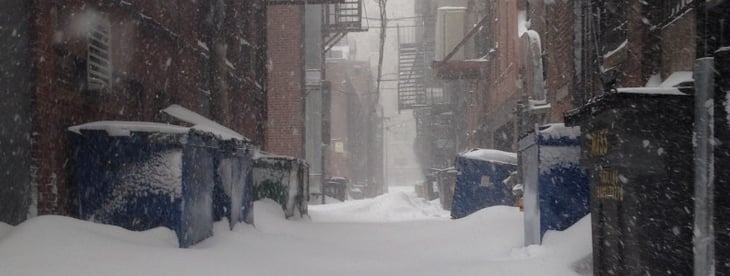For those living in the Northern Hemisphere, the Winter Solstice on December 21 marks the longest night of the year. It has been marked by a rich history of gathering and revelry. Communities traditionally came together to keep a spark of hope alive for a new and brighter tomorrow--literally and metaphorically.
Today, in cities across the country, the Winter Solstice marks a different sort of gathering--one of remembrance, respect, solidarity, and responsibility. We remember those individuals, children, mothers, daughters, sons, and fathers we lost to homelessness and poverty--those we failed to help.









